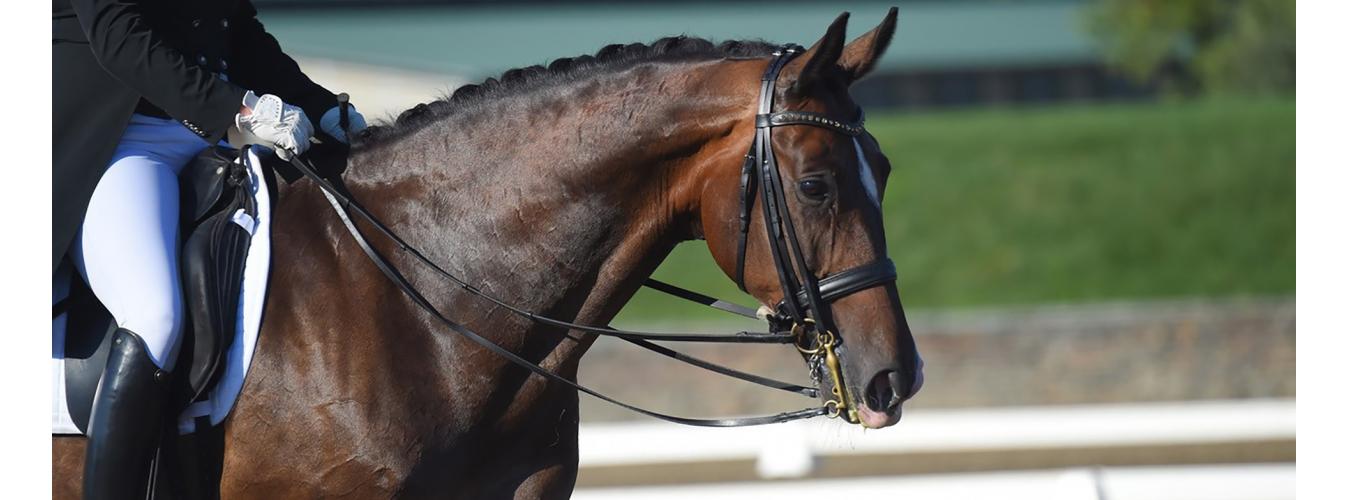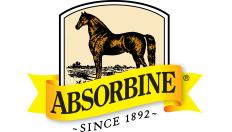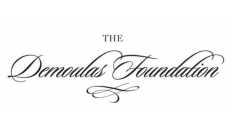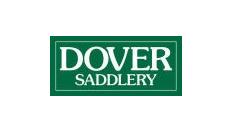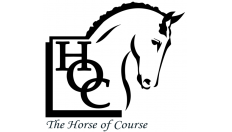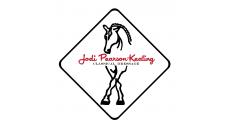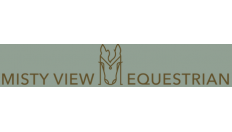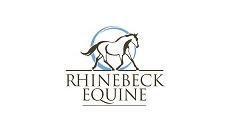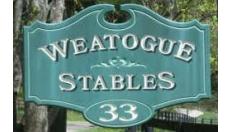Pamela Fitzwilliams and Priscilla Endicott were soon joined by Marjorie Kittredge, Betty Ellis and Mary Lou Cabot in hosting informal clinics, practicing test rides and putting on small shows at the lower levels. They got connected to a handful of riders with training in dressage who assisted, such as Tom Poulin and Jack Burton, an Olympic eventer. When they formed NEDA in 1972, there were about 40 members. The first top level show was held in conjunction with the famed Ledyard Farm Horse Trials on the North Shore of Boston, with crowds, most of whom were viewing dressage for the first time. The show’s single Grand Prix competitor was John Winnett from Tuxedo Park New York, who had trained in France.
By 1973 there were 159 members, and a growing interest in the sport nationally, leading to the formation of the United States Dressage Federation, with NEDA as a charter founding member. NEDA lent its organizational expertise to many other fledgling dressage organizations across the country in those early days, and many of its early leaders also populated the committees and leadership of USDF. NEDA organized the first judges seminar that same year, and the training of judges became an annual NEDA event, evolving into a Judge Learner program and an Instructor program in the 1980’s. NEDA continues to run USDF-approved judge training programs to the current day.
NEDA’s early leaders quickly recognized that dressage was an art as well as a sport, whose basics were to be learned over many years, and turned to European trainers who had been steeped in the sport for generations. NEDA began to host high level trainers from Europe to work with aspiring NEDA members. Early clinicians included Nuno Oliveira from Portugal, HLM Van Schaik of Holland, Hans Moeller and Verner Platzer of the Spanish Riding School in Austria, Robert Hall from England, Karl Mikolka from Austria, Rosemary Springer from Germany and Jean Saint Fort Paillard from France. The enthusiasm of both the instructors and the participants led to longer clinics (several weeks usually) with Col. Hans Wikne from Sweden and then Walter Christensen from Germany.
By the 1980’s NEDA had grown to 500 members, and has since grown to over 1,800 members from throughout New England. Education has continued to be a centerpiece of NEDA’s mission, with the two-week clinics evolving into symposia where the riders and horses are selected in order to provide the greatest learning benefit to those in the audience, rather than simply focusing on the particulars of the horse and rider at hand. NEDA has continued to welcome the top dressage trainers and riders from all over the world for these symposia, including Ulla Salzgeber, Anky van Grunsven, Steffen and Shannon Peters, Klaus Balkenhol, Hubertus Schmidt, Debbie McDonald, Stephen Clark, and Ashley Holzer. Audiences for these symposia have topped 600 enthusiastic auditors in locations from Maine to western Massachusetts. In addition, as clubs and barns throughout the region have increased their educational activities with clinics and programs, NEDA has launched an outreach program whereby NEDA promotes these activities to its members in exchange for discounted participation rates for NEDA members. The education mission is thriving in New England from its humble beginnings.
NEDA’s early experiences with competition, where there were few competitors, and the competitions tacked onto another type of competition, evolved as well. NEDA hosts two recognized dressage shows and two schooling shows each year. They have each outgrown themselves several times over, with the Spring show moving to a two-day show in 2007 and the Fall Festival of Dressage now a CDI*** World Cup Qualifier and more, run in conjunction with the Region 8 USDF Championships and Breed Show Championships. Fall Festival attracts international competitors at the capacious HITS facility in Saugerties New York, pretty much the only venue in New England that could accommodate a show of this size.
NEDA established its annual report, The Salute, at its very inception, and then later added a monthly newsletter, A Tip of the Hat, eagerly awaited by members for its informative briefings on all things dressage. Both of these publications have won awards for content and appearance from USDF over the years. Keeping up with the times, it built an award-winning website and more recently launched various electronic communications modes, including an e-newsletter, Facebook pages and other social media. Its communications network is one of its most valuable assets, reaching members and non-members alike with all the latest information and event happening in the region.
Have we made a difference in the growth and understanding of dressage in the region and in the country? You bet we have. You can see it in this history, and you can see it in the roster of national and international competitors and trainers that our region has spawned. They include Sue Blinks, Dorothy Morkis, Carol Lavell, Lendon Gray, Michael Poulin, Pierre St. Jacques, Pamela Goodrich, Susan Jaccoma, Larry Poulin, George Williams, Karl Mikolka, Shannon Dueck, Arlene "Tuny” Full Page, Ellen Dixon Miller, Bruce Miller, Michael Barisone, Tom Noone, Kathy Connelly, Sally Swift, Cindy Sydnor, Jane Savoie, Karen Stives, Meg Plum, Denny Emerson, Mary Howard, Karen Lende O’Connor and many, many others. And NEDA will continue to nurture the future stars of dressage with its active combination of education, competition, and support for the art and sport of dressage.

